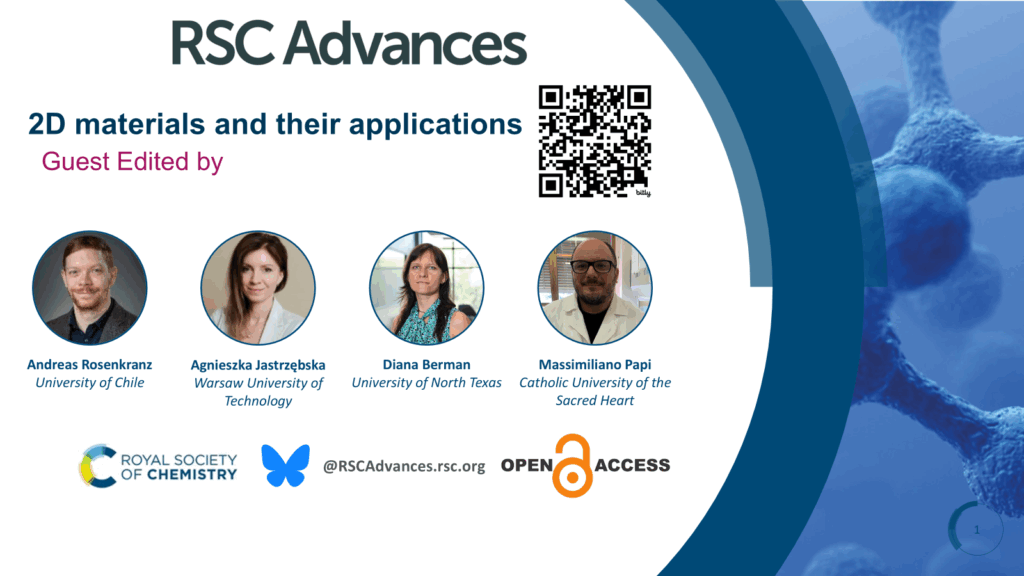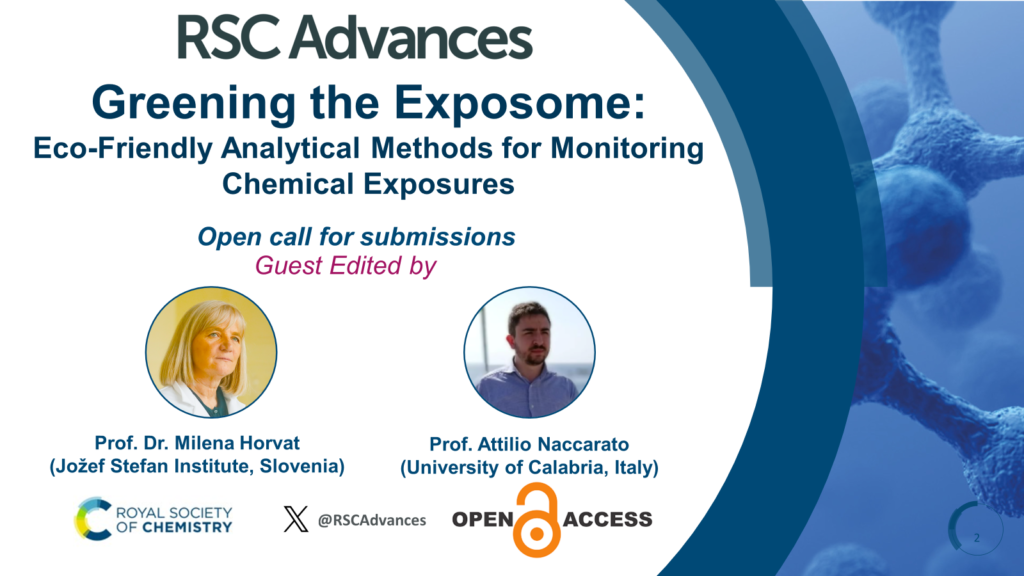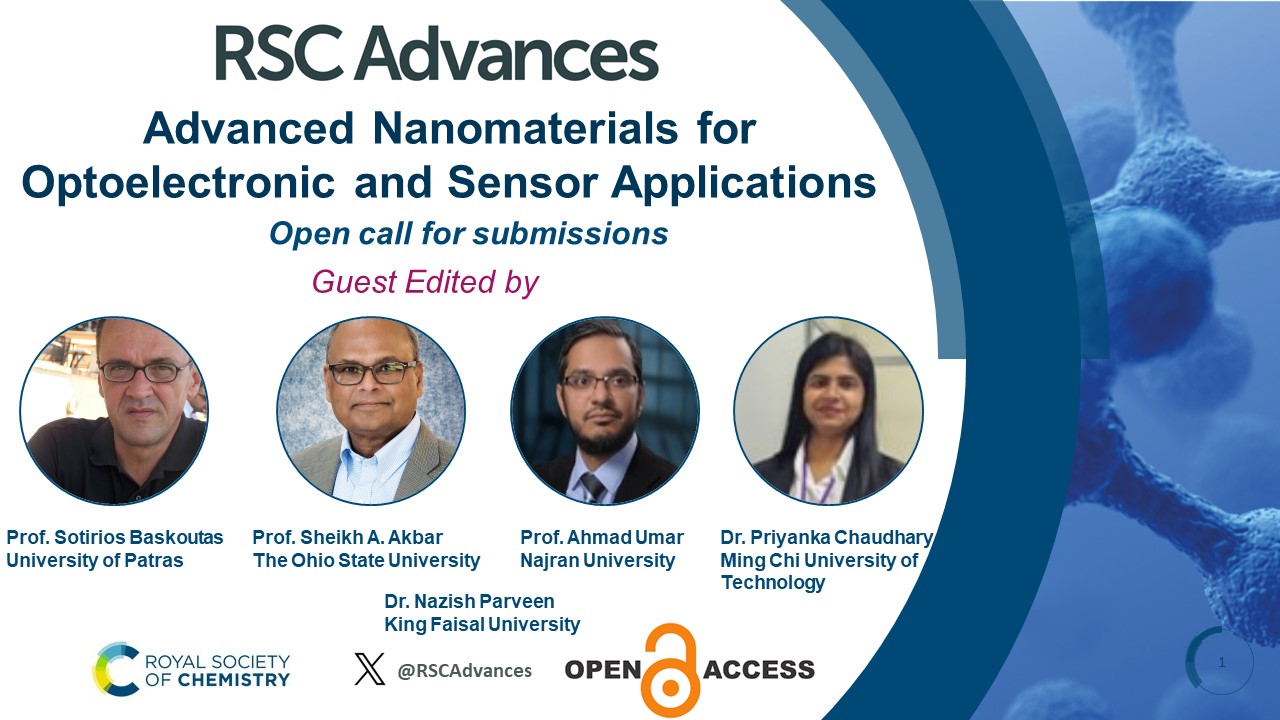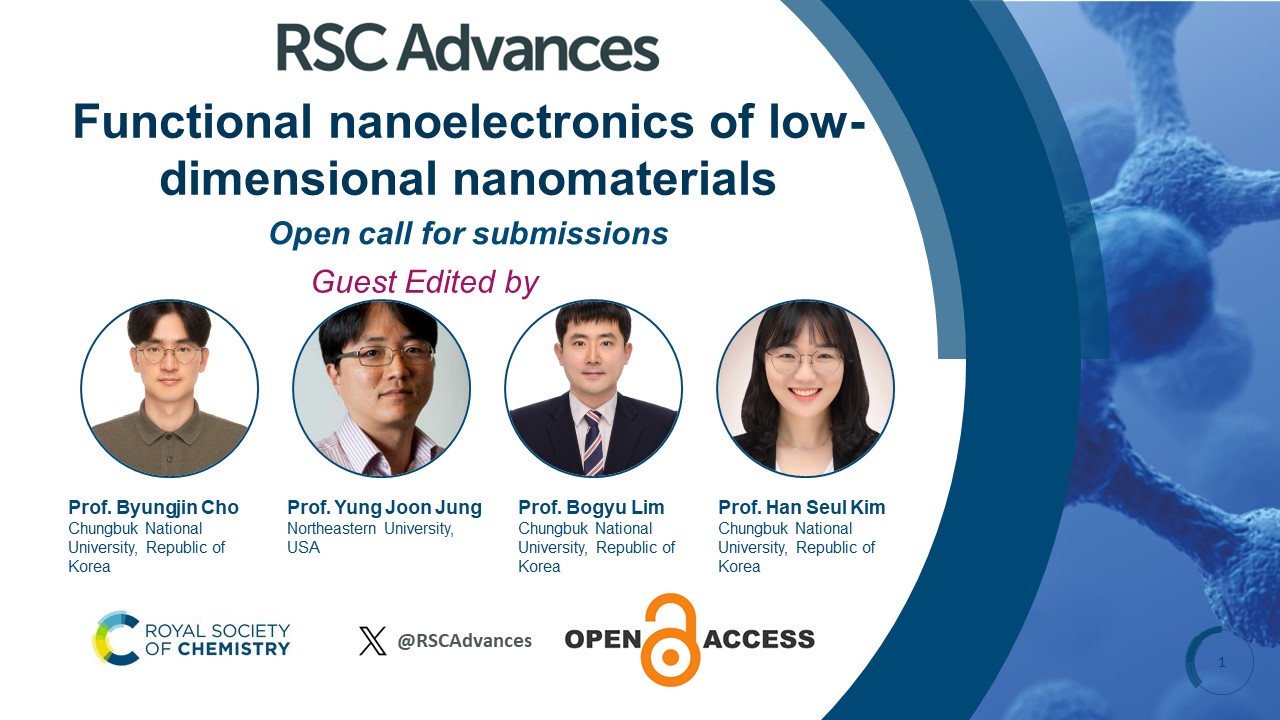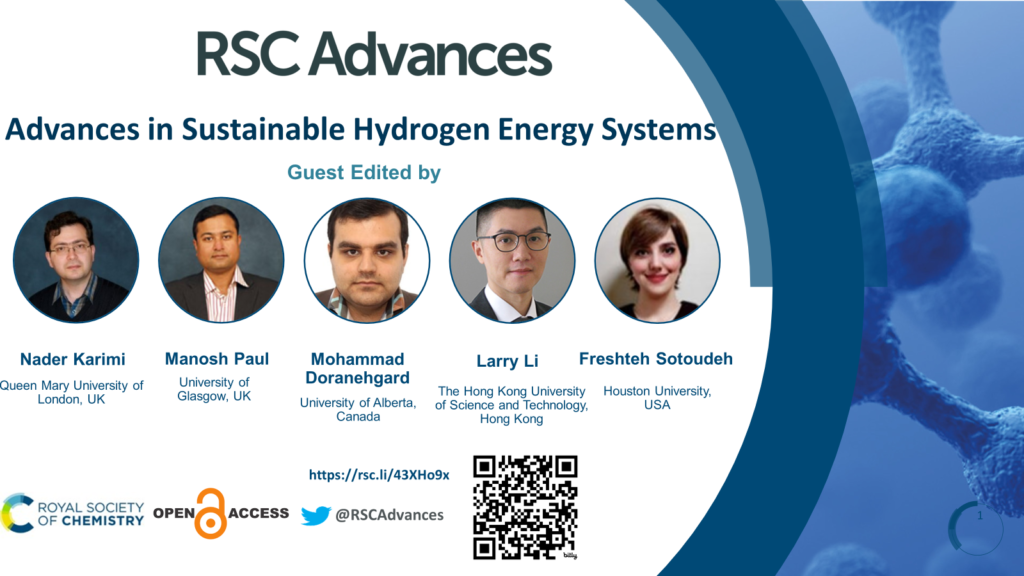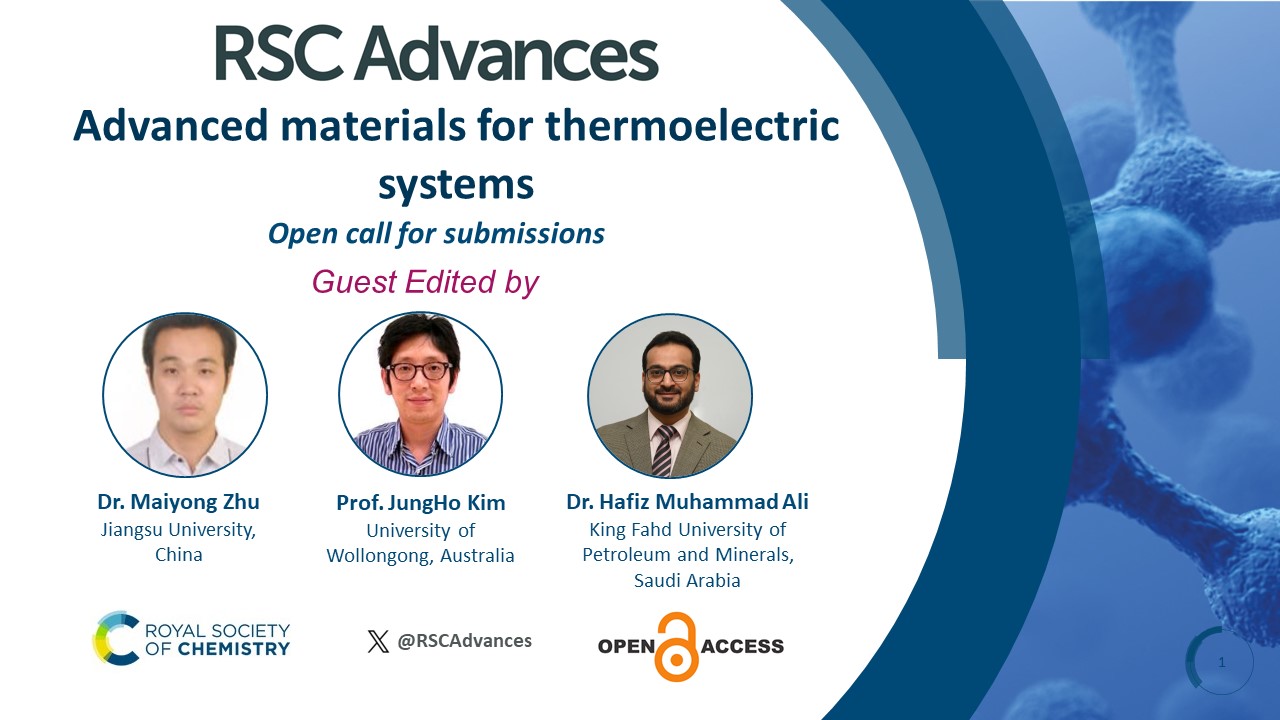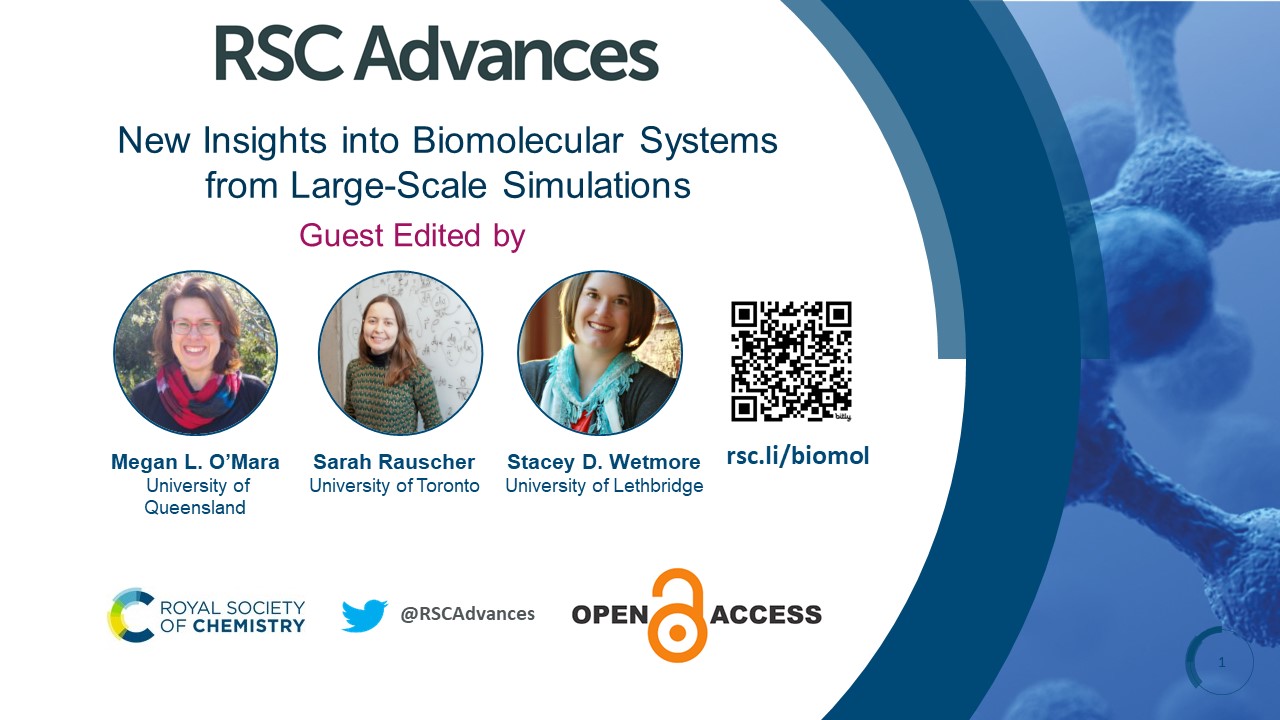RSC Advances is delighted to present a themed collection on 2D materials and their applications.
This themed collection collects and compiles research articles and reviews focused on characterising the structural and physiochemical properties of 2D materials. The collection aims to investigate the applications of 2D materials in various fields of fundamental and applied research, with an emphasis on the development of new 2D nanomaterials.
This collection is Guest Edited by Andreas Rosenkranz (University of Chile, Chile), Massimiliano Papi (Catholic University of the Sacred Heart, Italy), Jastrzębska Agnieszka (Warsaw University of Technology, Poland) and Diana Berman (University of North Texas, United States of America),
A selection of articles have been highlighted below, and you can view the full collection here.
Carbon-based nanocomposites for biomedical applications
Minkyu Shin, Joungpyo Lim, Yongseon Park, Ji-Young Lee, Jinho Yoon and Jeong-Woo Choi
RSC Adv., 2024,14, 7142-7156
Graphene-like emerging 2D materials: recent progress, challenges and future outlook
Md. Mohi Uddin, Mohammad Humaun Kabir, Md. Ashraf Ali, Md. Mukter Hossain, Mayeen Uddin Khandaker, Sumit Mandal, A. Arifutzzamane and Debnarayan Jana
RSC Adv., 2023,13, 33336-33375
Fabrication of a free-standing Ti3C2Tx-PTh counter electrode via interfacial polymerization for dye-sensitized solar cells
Suruthi Priya Nagalingam, Saravanan Pandiaraj, Khalid E. Alzahrani, Abdullah. N. Alodhay and Andrews Nirmala Grace
RSC Adv., 2024,14, 24000-24009
Water adsorption on MoS2 under realistic atmosphere conditions and impacts on tribology
N. Scott Bobbitt, John F. Curry, Tomas F. Babuska and Michael Chandross
RSC Adv., 2024,14, 4717-4729
View the full collection here
We welcome you to contribute to this collection. Please contact the Editorial Office to highlight your interest in submitting to this collection.

Submit to RSC Advances today! Check out our author guidelines for information on our article types or find out more about the advantages of publishing in a Royal Society of Chemistry journal.
Keep up to date with our latest Popular Advances, Reviews, Collections & more by following us on bluesky @rscadvaces.rsc.org. You can also keep informed by signing up to our E-Alerts.


